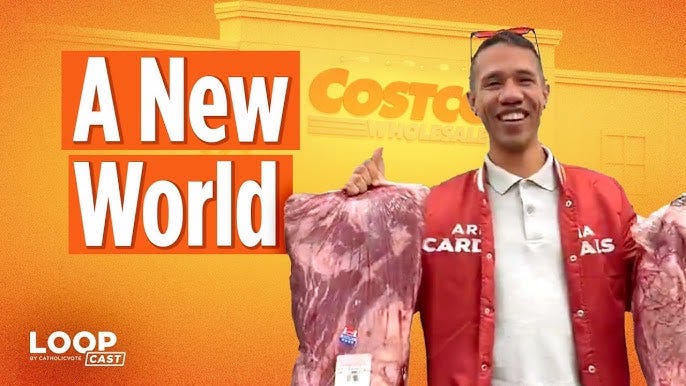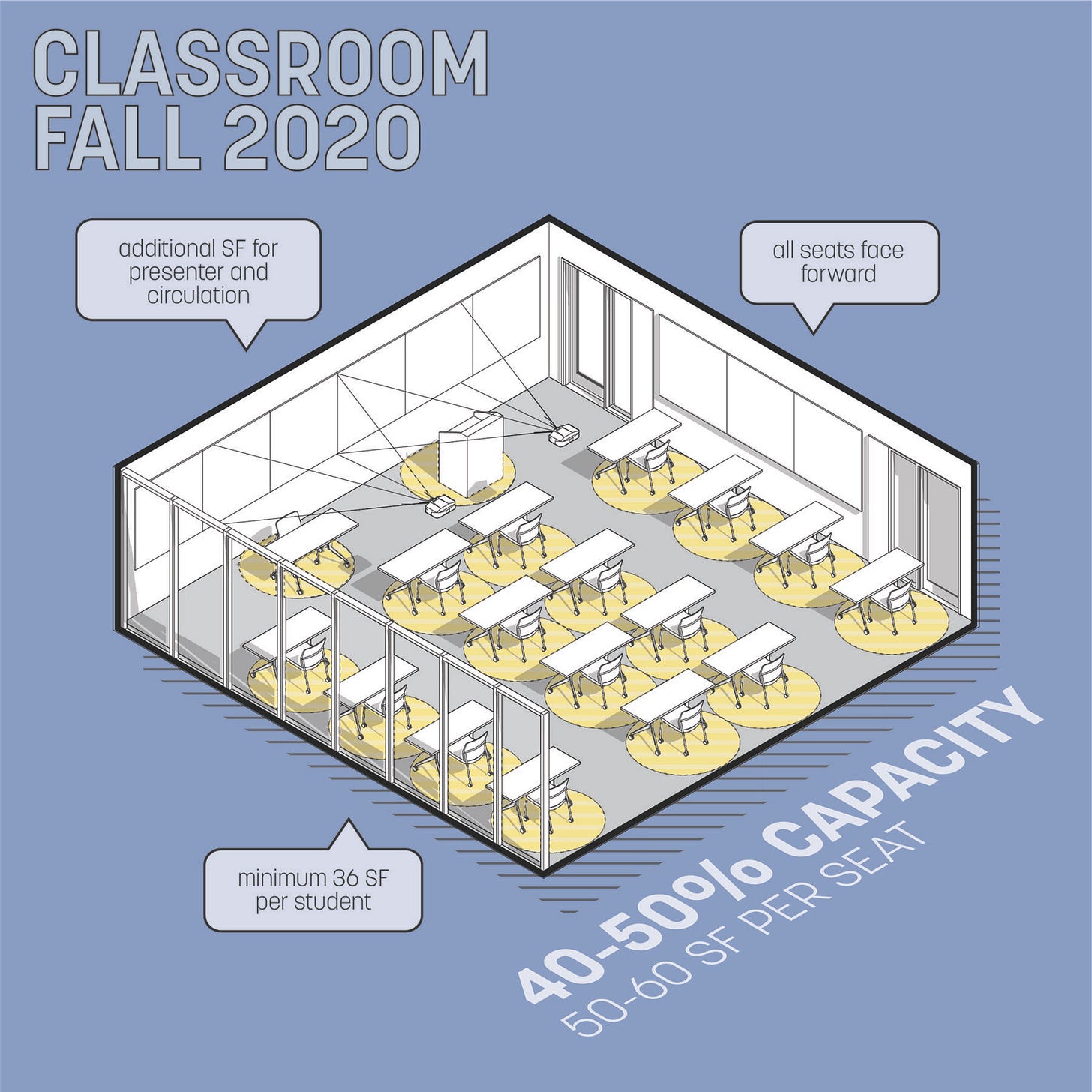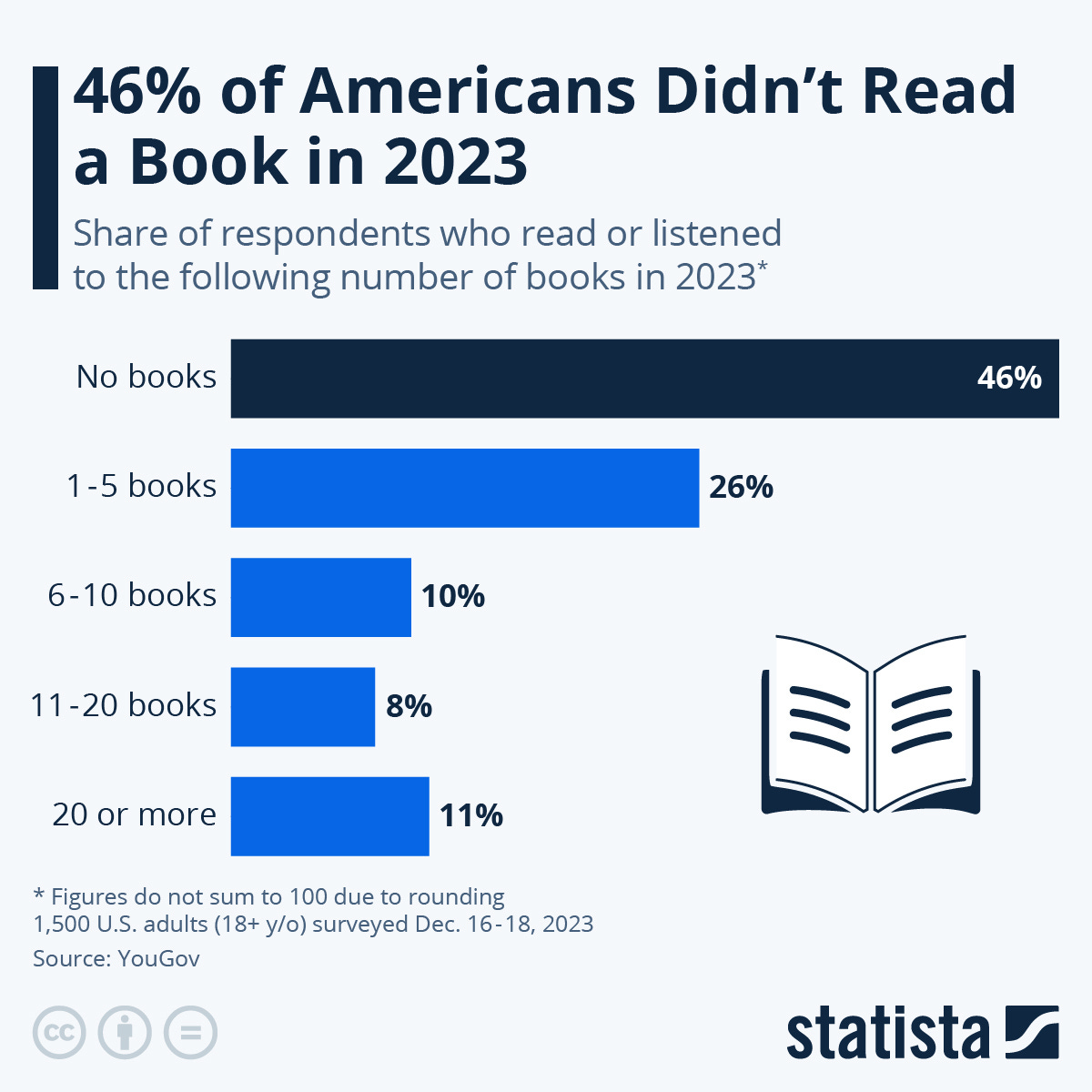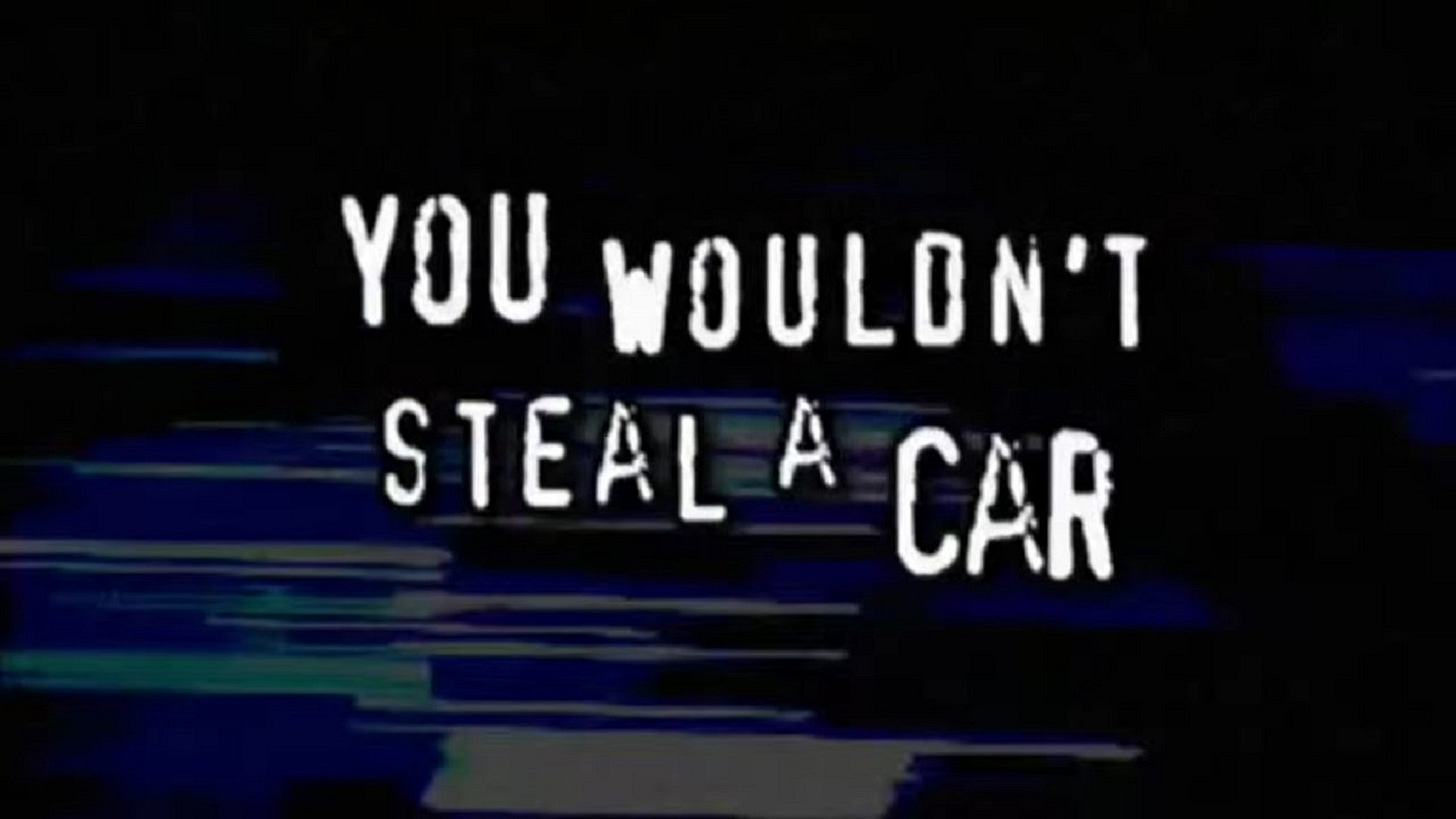There are currently 124,903 libraries in America. The vast majority of these, 64.45%, are public school libraries. But we don’t need any of these, because we are going to cut the public school budget by 50%, fire 1.9 million useless K-12 teachers, and hire private tutors for smart kids.
I’m not proposing a budget cut, but a budget redistribution.
Instead of hiring 1.9 million private tutors for 13 years of instruction, we would hire them for only 4 years, from ages 14-18. There’s no benefit to tutoring children before age 14, because their brains are too dumb to learn anything useful. Playing Mozart to babies doesn’t make them smart.
This would allow us to hire 6.2 million private tutors, which would cover the top 12.4% of students. This means every child in America with an IQ above 117 would be given private tutoring. This would be a massive improvement over our current system, which throws all kids into a class and mixes them together.
It would provide an exponential return on investment, since increasing the academic success of the top 12.4% of children even slightly would result in tremendous gains in innovation.
Turning a truck driver into a slightly more efficient truck driver is much less impactful than turning an innovator into a slightly more efficient innovator. The threshold of what it means to be a successful truck driver is quite low, and above that threshold, there aren’t further returns on investment. As long as you don’t crash the truck, you’re good.
But with innovators, entrepreneurs, researchers, and business owners, incremental increases in efficiency result in exponential returns. If everyone saved $1 on their iPhones because of one really skilled programmer or engineer, that would be a net savings across the country of $310 million.
You can’t educate a better truck driver: keeping your eyes on the road and not being drunk is a function of moral inculcation, visual-spatial IQ, and conscientiousness. Education is only a net return on investment when we focus on people who are able to be educated.
Now that we are giving private tutoring lessons to the top 12.4% of all high school students, we’re going to need a lot more space for these students. Whereas in a traditional classroom you can stuff 20 little punks into a cramped closet with no air conditioning, we need a bit more breathing room for our elite students and their elite tutors. I suggest commandeering all the libraries.
This will involve book burning. Lots of it.
the case for burning books.
Why do books exist? People like books. I read books, too. I never said burn 100% books. The problem is that we overestimate the number of books which people own, and we underestimate the number of books which take up valuable real estate in school libraries.
In California, the number of books in each school library is 12,891 on average. Assume that the thickness of the average book is 1 inch; and that the average bookshelf has 34 inches of space per shelf; and that the average bookshelf has 6 shelves. This means the average bookshelf holds 204 books, and the average California school library has 63 bookshelves. This is an overestimate, since this count also includes “digital collections” which can be accessed online, as well as CDs, audio books, and some old VHS tapes.
In the best case scenario, the 63 bookshelves would have only 4 feet of space in front of them, for a total square footage of 945 ft2,1 which is equivalent to a 30.7 x 30.7 foot room. This is the size of a standard classroom.
In total, since there are 80,500 public school libraries in America, abolishing all public school libraries would free up 76 million ft2 of space (2.7 square miles), which is enough space to build 8.4x more Harvard campuses.
The cost per square foot varies depending on whether it was an elementary school, middle school, or high school. Assuming the minimum cost of $211.55 per square foot, abolishing all the public school libraries in America would be the equivalent of investing $16.1 billion in new classroom construction.
why burn books you could donate?
No one wants these books. This is a typical problem with the government: when the budget is not subject to any kind of profit motive, librarians just buy random crap that no one cares about.
If burned, the average book would produce about 4.7 megajoules of usable energy. Given the average energy costs, this is equivalent to $0.61 worth of electricity. If there are 12,891 books per school library, and 80,500 public school libraries, then we will be burning 1.04 billion books, which will produce $634.4 million of energy.
Theoretically, you could put all these books on Ebay, and try to auction them off, but that would cost time and money.
Only 8% of Americans read more than 11 books in the past year, and only 65% of these “books” were physical copies. Most of these books, additionally, are hardcore pornography involving sex with bears or billionaires.
As of 2023, 33% of books sold were romance novels. Since most books in a school library are about teaching kids to have gay sex, and not about sex with werewolf billionaires, we can assume that only 67% of American readers would have any interest at all in the books you can find in a school library.
Taking these statistics together:
8% of Americans are voracious readers (11+ books per year);
67% of Americans enjoy reading something other than werewolf billionaire sex;
Out of all readers, only 65% of Americans have read a physical (rather than digital) book in the last year;
Therefore, only 3.5% of Americans (11.9 million) would have any interest in public school library books, even if they were free.
Assuming that every single one of these Americans takes a free book, out of the billion books total, that represents only 1.14% of all the books. We’re still going to have to burn 98.86% of all books in public school libraries.
767 million books are sold per year. Unfortunately, a significant proportion of these are about werewolf sex. There is very little cross over between the literary preferences of “lesbian librarian budgetary expenditure” and “horny 42 year old woman whose husband has erectile dysfunction.”
we have no time to waste.
The average cost of rent in America is $1.86 per square foot. Since you’re not allowed to sleep in the school library, assume that the potential rent to be made from these school libraries is 52% of the national average, or $0.97 per square foot.2 That means the total potential rent we could be earning as a country from these school libraries is $73.8 million per month, or $886 million per year.
By eliminating school libraries and renting them out as office spaces, we could afford to give each gifted child3 in America 6.4 hours of private tutoring per year, assuming a cost of $80 per hour. If we can drop that price down to $20 per hour, this would come out to 26 hours per year, or 102 hours if we increased the tutoring classroom size to 4 kids each. Since each school day contains roughly 5 hours of instruction, this would be equivalent to 20 days of school, or roughly 11.4% of the school year.
The amount of money wasted in these book cemeteries (via opportunity cost) is significant. By allowing school libraries to persist for another 30 days, we are burning $73.8 million in the budget. The opportunity cost is immense. Burn the books. Burn the books now.
universal basic kindles.
Reading is good. I know it is good, because all of my readers read, and all of my readers are good. But no one is reading my Substack in book form. You are reading this on some kind of screen.
Is it possible that reading things on screens is bad, and causes myopia? How bad is this?
A Chinese study on myopia found that children whose parents did not have myopia were 3.81x more likely to develop myopia if exposed to electronic screens between ages 0 and 1. However, after age 2, the relationship between screen time and myopia was actually negative.
For those children whose parents did have myopia, the relationship between screen time and myopia turned negative after age 3.
I am not suggesting that screen-time cures myopia after age 3 (although that would be funny). Clearly, having babies look at screens is damaging to their eyes (and their brains). I condemn, in the strongest terms, parents who put iPads in front of children under the age of 3. I admonish, disavow, and castigate these parents. Shame on you.
But after age 3, there isn’t a huge case to be made that looking at screens is causing permanent damage.
There is a case to be made that recreational screen time subjects readers to excessive blue light late at night, which induces insomnia. For those with low-impulse control and poor executive functioning, the existence of screens is probably causing mass insomnia and is significantly increasing national healthcare costs.4
However, I am not proposing that students be forced to read late into the night. There are two easy ways to protect students from the sleep-encumbering effects of screens:
Lock all kindles after 9pm, and before 5am.
Install a blue-light filter setting on all kindles.
How many kindles could we afford to buy with all our savings from burning books? Each kindle costs $100, and there are 49.6 million K-12 students in America. This means it would cost $4.96 billion to give them all kindles. However, by abolishing all public school libraries, this would be equivalent to building $16.1 billion dollars worth of new classrooms, so it seems like a good trade.
what about copyright law?
This Substack can be freely read by anyone on the internet. I do publish paywalled posts, but they are all very silly and just for fun. All of my serious stuff is free.
The idea that if we abolish copyright law, smart people will stop saying smart things, is an atrocious and disgusting lie, made up by greedy corporations who wish to use government violence to increase their profits.
The idea that intellectuals and academics will refuse to publish, or even be less likely to publish, if we do not prosecute readers, is absurd and offensive. Copyright law is one of the most evil, gerontocratic, wasteful, and vampiric inventions of modernity.
When George Washington signed the first copyright law in 1790, it only applied for 14 years. If that sort of law were held until today, then all books published prior to 2011 would be free. Is basic biology, health science, chemistry, physics, literature, history, social studies, geology, or geography going to go out of date after 15 years? It is ridiculous to assert that a book from 2010 cannot adequately educate children in the basics of geometry, algebra, or arithmetic. These book sellers are charlatans, and must be laughed out of power.
Furthermore, I would contend that since the government makes copyright law, and since the government owns public schools, and since these books are being used for educational purposes only (not for private profit), the government has the right to abolish all copyright law within the confines of a public school setting. Legally speaking, it should be permissible for the government to reprint copies of whatever gay sex book it thinks is the most educational, and distribute it within schools at no cost to the tax payer.
If copyright law was abolished within public schools, there would be no need to have books, even if you don’t like kindles. You could simply print out the books on sheets of paper and read them that way. It costs $3 to print a 100 page book.
what about public libraries?
School is extremely dumb. If you want to teach something to a child, the best way to do so is private tutoring. Otherwise, public school is glorified daycare. No one is reading all these public school library books — they are reading about werewolf sex. Burn the books, hire tutors, provide students with Universal Basic Kindles, and abolish copyright law within educational contexts.
Outside of the public school system, there are 17,278 public libraries in America, where any American can waltz in to do drugs in the bathroom. These have become breeding grounds for so-called “homeless” people, who are actually mentally ill vagrants.5 They also, for some reason, feature play areas where children make loud noises — completely defeating the purpose of having a library.
There are two things we could do with public libraries:
Sell them;
Repurpose them.
The average sale value of public libraries would be, at most, $3.998 million. Unfortunately, because these libraries are full of books which require disposal (burning) costs, it is unlikely that the government could sell all libraries for $4 million each on average. A more realistic proposal would be to sell them off for $1 million each. In some cases, historical societies could buy these libraries and repurpose them as private museums, free of drug-addicted vagrants. In other cases, they would become homes for the rich, or converted into apartments or office buildings.6
Conservatively, I think the government could make $17.3 billion by selling all public libraries in America. If you really care about the homelessness crisis, then we could take this $17.3 billion and build 170,000 new units of housing.
costoco-ize the libraries.
If libraries are to be saved, there is only one way to solve it: Costco-ization.
Costco-ization refers to the brilliant and elegant practice of charging people a yearly membership fee in order to enter a Costco. As a result, Costco is a heavenly kingdom.

I propose that when you take a driver’s test, you have the option of taking a short IQ test as well. This test wouldn’t be intended to be super long or arduous, but simply to create a small barrier to entry. The job of this test would be to ensure that you are actually willing and able to read books. If you pass it, you get a little key fob that allows you to enter into any public library in America.
22% of American adults are illiterate. They cannot read books. They do not know how to read. They can read simple words, like “the Haitians are eating cats and dogs,” but they cannot comprehend complex sentences, like “how would you feel if you hadn’t had breakfast this morning?” There is absolutely no reason to allow this 22% into a public library.
“But how will they ever learn, if they do not have access to books?”
If you are illiterate, you can go to the DMV or Post Office and request to sign up for free literacy classes. Then you can attend free classes to learn how to read. Once you can learn how to read, you will have your driver’s license updated so you can obtain a key fob, and access to the library.
If you are too dumb or low effort to learn to read, even after being offered free classes, there is no benefit to society in allowing you to mill around and do drugs in the bathroom. If the goal is to provide free housing, burn the books.
conclusion.
Benjamin Franklin did not dream of constructing a barracks for immuno-compromised indigents. Those people don’t need libraries — they need houses in Kansas. The library which Franklin established charged a fee for entry, like Costco. The first public school in America, Boston Latin, also requires an exam for entry.
Just because something is public doesn’t mean it can’t cost money or have standards. Public doesn’t mean free; it means “supported by the government.” The military is public, but we don’t let drug addicts join the military.
The word “public” of “public” school and “public” libraries has been conflated with “public latrine,” where any deranged public health hazard can crash. Conflating one goal (housing) with another (education) is financially wasteful and destroys the original intent of both projects.
In the future, there will be no school libraries. All students will be able to access every single book in the world ever created for free.
Copyright law has been abolished. Private tutors attend to the needs of the smartest students, eliminating the doldrums and inefficiencies of the mass-class setting. Test scores skyrocket, and Americans once again assert their primacy over the Chinese.
Public libraries have become a place of cleanliness and respectability. With the drug-users exiled, attractive young adults congregate to study for their exams or write their Substack essays. Instead of subsidizing free sleeping quarters for the mentally ill, intelligent people enjoy the fruits of civilization and strike up interesting conversation with one another.
Librarians have been abolished. Previously, there were 146,500 librarians ($68,570 salary), 32,400 library technicians ($42,552 salary), and 73,400 library assistants ($35,959 salary), for a total expenditure of $14.1 billion per year. New classroom space gives schools back $885.5 million per year in real estate. Public school libraries have been sold off for $16.1 billion.
The result is a massive redistribution of wealth away from elderly lesbians into the hands of young students. The future burns brightly by the light of a million burning books.
(width 3x63, depth 5 feet)
This is the ratio of West Virginia rent to the national average, $846/$1,607.
There are 1.73 million high school students in the top 10% of academic performance.
Insomnia, or lack of sleep, leads to worse health outcomes in pretty much every possible area: lower muscle mass, worse coordination, irritable mood, and might even increase the likelihood of developing cancer. Not sleeping enough also makes you uglier, because it prematurely ages the skin. Sleep is very sexy.
Don’t worry, I have a plan for that too. But assuming that I do not take control of the government next year, we will all have the pleasure of watching these weed-overdose ghouls roam the streets indefinitely.
We do have a housing crisis, you know. We need more space for people, not for books.













Honestly, it confuses me how often I, a traditional Christian, agree with the policy positions of yourself, a liberal leftist. Maybe It's an autistic contrarian thing?
Anyway, this article is no exception to that general rule.
I agree that copyright law should be abolished. And patents. They might have been created with good intentions but in practice are now scams for expropriating wealth from ordinary people to big business.